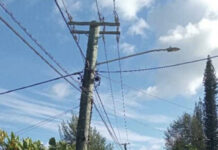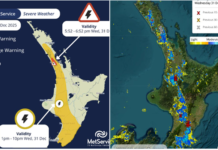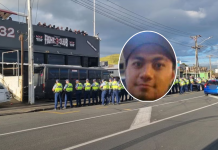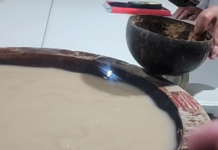The government has invited proposals from private sectors to address problems faced by criminals who arrived in Tonga after serving their time in either Australia, the United States or New Zealand.

This was according to Prime Minister Hon Hu’akavameiliku who said the government had been notified of the returning of more people who committed crimes back to Tonga after the kingdom had recently lifted its border restrictions.
The controversial diplomatic policy has been the source of ongoing concerns in Tonga with many wanted to know whether it was fair for these overseas countries to send their problems to Tonga.
The Prime Minister had acknowledged in the House that these deportees were being sent to Tonga where they had little to no links to after serving their sentences in foreign countries where they had spent most of their life times.
“They could not speak Tongan. They did not know their families here in Tonga it is a huge challenge to send these people to a place like this,” the Prime Minister said.
The revelation comes, after it was reported last year that the New Zealand government would fund a rehabilitation centre in Tonga for criminals it deports there.
The approved TOP$28,000 was expected to go towards funding a new centre run by Tonga’s Dare to Dream Foundation, which has been providing support for people deported to the Kingdom for years.
The centre would provide cultural and language skills.
That move comes after Tonga criticised New Zealand and Australia over their controversial deportations of Tongan convicts, many of whom have spent little time in the Kingdom.
Henrietta McNeill, who researches criminal deportations to the Pacific at the Australian National University, said the rehabilitation centre was a positive move but believes accommodation and cultural skills will need to be complemented by mental health, drug and alcohol treatment.
She added that Australia and New Zealand needed to provide more support for people serving jail sentences before they are deported to the Pacific.
“There are opportunities to do at the very minimum things like language classes, so it isn’t quite as tough as it would otherwise be on arrival,” reported ABC radio.







